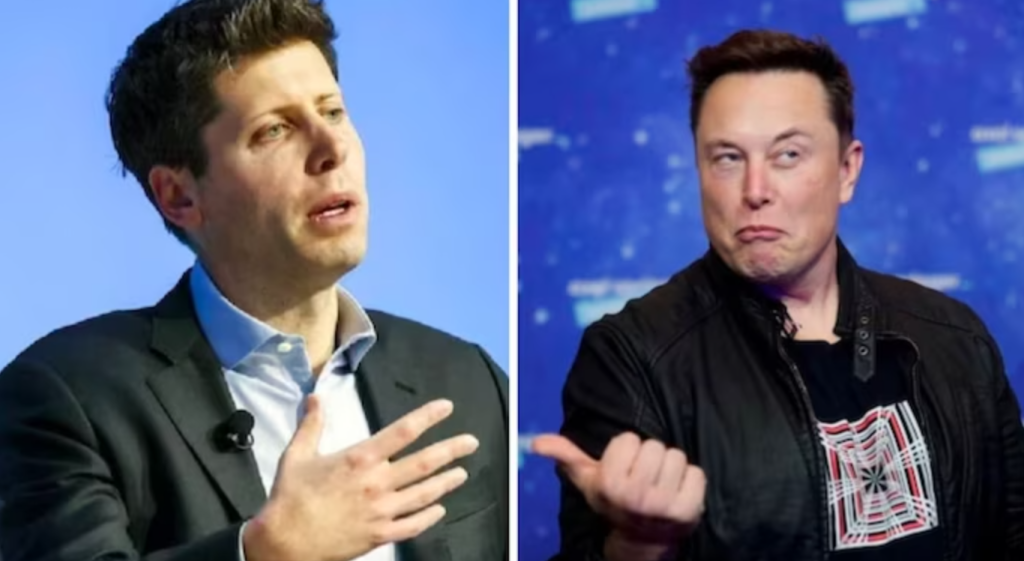Tech Tycoon Claims OpenAI Abandoned Non-Profit Mission, Seeks Compensation
Elon Musk, a renowned innovator and CEO of Tesla and SpaceX, has filed a lawsuit against OpenAI and its CEO, Sam Altman, accusing them of breach of contract. The lawsuit, filed in California state court on Thursday, alleges that OpenAI has strayed from its original non-profit mission and prioritized profit over ethical considerations related to artificial intelligence (AI) development.
A History of OpenAI and Concerns Raised by Musk
OpenAI was co-founded by Musk in 2015 with the intent of fostering responsible development of artificial intelligence, specifically addressing the potential risks associated with advanced general intelligence (AGI) for humanity. The organization initially operated as a non-profit with a board of overseers responsible for reviewing the company’s products and ensuring their code remained open-source.
However, Musk’s complaint argues that OpenAI’s trajectory shifted significantly in 2019. The lawsuit specifically points to the creation of OpenAI LP, a for-profit entity established by Altman, co-founder Greg Brockman, and Chief Scientist Ilya Sutskever. This shift, according to Musk, contradicts OpenAI’s initial non-profit charter and constitutes a breach of contract.
The lawsuit further highlights a leadership crisis faced by OpenAI in 2023, which temporarily resulted in Altman’s removal as CEO. While the specific details remain undisclosed, the complaint suggests concerns surrounding potential risks associated with AI development might have contributed to this internal conflict. Following this incident, and with intervention from Microsoft, Altman was reinstated, raising further questions about OpenAI’s leadership and direction.

Microsoft’s Involvement and Musk’s Accusations
While Microsoft is not directly named as a defendant in this lawsuit, the tech giant plays a significant role in the narrative presented by Musk. The complaint mentions Microsoft on numerous occasions, emphasizing its close partnership with OpenAI and its significant financial investments in the company.
Musk has previously expressed concerns about Microsoft’s influence on OpenAI and accused the tech giant of potentially using content from his social media company, X, to train its AI tools without his consent. This accusation further complicates the picture surrounding OpenAI’s activities and raises concerns about data privacy and potential misuse of information.
The lawsuit asserts that OpenAI has effectively transformed into a “closed-source de facto subsidiary” of Microsoft, prioritizing the generation of profits for the tech giant over the ethical considerations initially outlined in OpenAI’s mission statement. Additionally, Musk’s complaint portrays the current leadership of OpenAI as prioritizing personal gain over the original goals of responsible AI development.
Seeking Justice and Accountability
Through this lawsuit, Musk seeks a jury trial and demands compensation from OpenAI, Altman, and Brockman for the profits allegedly generated through their actions. This legal action reflects his ongoing concerns about the potential risks associated with unregulated and commercially-driven AI development.
While the outcome of this lawsuit remains uncertain, it has ignited crucial conversations about the ethical considerations surrounding AI development, the role of profit in scientific advancements, and the importance of transparency and accountability in organizations entrusted with potentially dangerous technologies.




